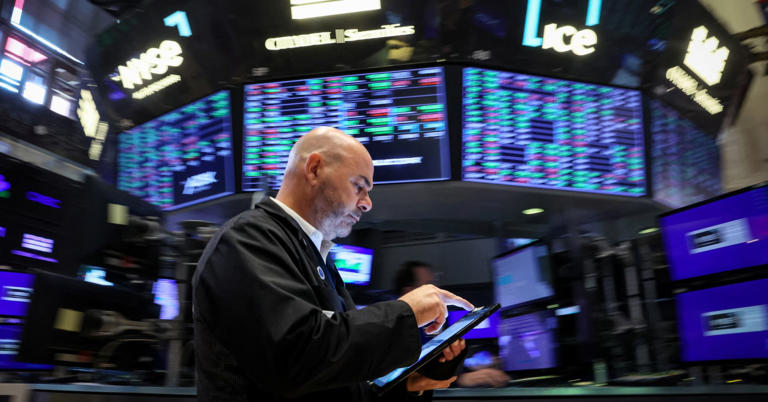A massive IT outage has recently caused widespread disruptions across various sectors, yet the core operations of the financial markets have managed to largely remain intact. The incident, which traces back to a technical issue involving CrowdStrike, a major cybersecurity firm, has impacted a broad spectrum of industries, from airlines and banks to numerous other businesses. Despite the far-reaching consequences of the outage, major stock exchanges like the New York Stock Exchange (NYSE) and Nasdaq have managed to maintain their operations with minimal disruption.
Stock Exchange Operations Remain Unaffected
Both the NYSE and Nasdaq have reported that their trading platforms continue to function normally, despite the technical problems experienced elsewhere. The NYSE confirmed that its markets are “fully operational” and anticipated a regular market opening. Similarly, Nasdaq, which is renowned for its focus on high-growth technology stocks, indicated that its European markets and U.S. pre-market operations have not been disrupted, and it expects its U.S. markets to open as usual.
Challenges for Index Providers
The outage, however, has resulted in notable issues for certain index providers, particularly those handling Russell US Indexes. The Russell 2000 small-cap index, among others, experienced delays in real-time calculations due to the technical problems. FTSE Russell, the provider responsible for these indexes, issued a statement acknowledging the disruption caused by a third-party technical issue. They noted that their real-time platforms were affected, which temporarily prevented clients from accessing and receiving data. The disruption lasted for approximately four hours, with service being restored around 10:54 a.m. ET.
Impact on CrowdStrike
The incident has also had a significant impact on CrowdStrike itself. The company’s shares fell by more than 8.5% in early trading, reflecting concerns among investors regarding the implications of the outage for the firm’s operational stability and reputation. Gregory Falco, a cybersecurity expert at Cornell University, described the situation as particularly severe, emphasizing that while failures of this nature are not uncommon, the scale and cascading effects of this specific incident are notably significant. Falco characterized the day as a “nightmare” for both the affected companies and global insurance providers who are responsible for business continuity planning and coverage.
Broader Implications
The incident underscores the interconnected nature of the global economy and the critical importance of robust technological infrastructure in maintaining operational continuity. While major stock exchanges like the NYSE and Nasdaq have successfully navigated the technical issues, the difficulties faced by index providers highlight the complexities involved in managing real-time data during such disruptions. This situation serves as a reminder of the vulnerabilities inherent in today’s digital and interconnected systems and the need for effective contingency planning and technological resilience.
In conclusion, while the IT outage has had a considerable impact across various sectors, the financial markets, particularly the major stock exchanges, have largely managed to continue their operations with minimal disruption. The challenges faced by index providers like FTSE Russell and the significant drop in CrowdStrike’s share price illustrate the broader repercussions of the incident, emphasizing the critical need for robust systems and effective risk management strategies in an increasingly interconnected world.
